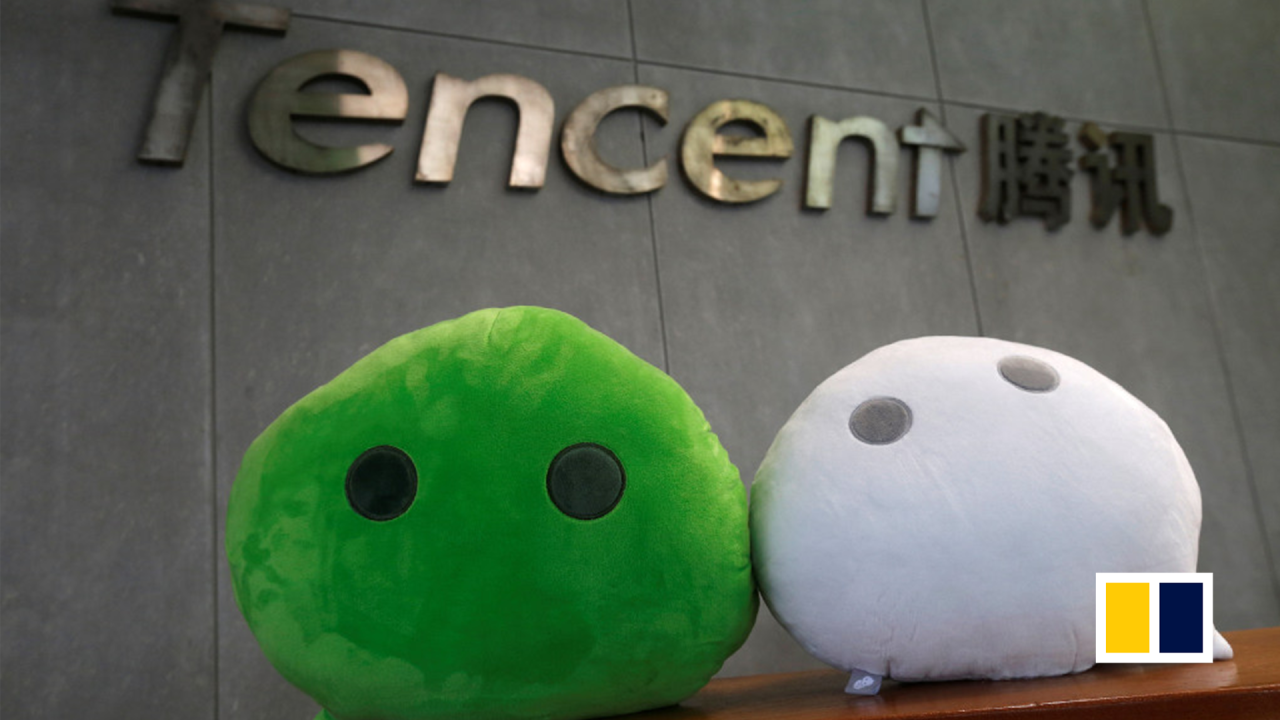
Analysis | Why Tencent spent US$1.3 billion to buy video gaming firm Leyou, but left it to languish
- Eight months after Tencent’s acquisition, Leyou is mired in cancelled projects and hobbled by an exodus of employees
- Tencent is said to be particularly interested in one Leyou investee company, American developer Certain Affinity
For Shenzhen-based Tencent, those count as tiny setbacks when compared with its outsize position in the global video gaming market, where it continues to “ruthlessly” snap up stakes in companies big and small at whatever the cost to dominate the industry, according to the people familiar.
Tencent declined to comment.

“Outside China, Leyou was not really that well known,” said Serkan Toto, chief executive of consultancy Kantan Games, on Friday. “The Tencent acquisition and the LOTR deal helped put Leyou on the map [in the international video gaming industry].”
There was, however, one part of its Leyou takeover that Tencent seemed to value the most.
The deal, according to people familiar, gave Tencent what it really wanted: the option to invest into and own Certain Affinity, an independent American video game developer based in Austin, Texas. In October 2017, Leyou reported that it acquired a 20 per cent stake in Certain Affinity for US$10 million.
Certain Affinity has a proven track record developing innovative, triple-A console and personal computer action video games, including both original titles and co-development on multiple games, in the popular Call of Duty and Halo franchises as well as the DOOM and Left 4 Dead series.

Still, Tencent’s tactical strategy for Certain Affinity meant that there was little interest in Leyou’s other operations.
“Expectations were high in the industry, as well as among gamers, that the LOTR game would shape up to be a high-profile blockbuster, which would do justice to the major IP it is based on,” Kantan Games’ Toto said. “Cancellations happen from time to time in the video gaming business, but this one made a lot of heads turn just because it involved mega brands Amazon, Tencent and LOTR.”
Plenty of employees have already left Leyou, including those at its offices in Beijing and Shanghai, according to the people with knowledge of the matter. They indicated that there was a team of about 200 employees who worked on the Civilisation Online strategy game across multiple cities. That project and the team involved in its development are all gone, the people said, without elaborating.
Alex Xu, who was chief executive at Leyou from June 2017, left the company in April this year. Michael Kiessling, who was creative director at Leyou from May 2019, left the company in July last year.
It was largely quiet inside Leyou’s offices at Lippo Centre in Admiralty, where three LOTR books by renowned English author JRR Tolkien were displayed near the reception, when this reporter visited last Friday.
Meanwhile, Tencent has continued to grow organically, as well as through mergers and acquisitions, in the video gaming industry.
The company had a 43 per cent share of China’s video gaming market – the industry’s largest – in 2020, according to Niko Partners.

02:26
What makes Tencent such a tech goliath?
For Leyou, which was formerly listed in Hong Kong as poultry supplier Sumpo Food Holdings, a return to obscurity looms amid its cancelled projects and the exodus of employees.
While Leyou invested more than US$120 million to acquire Warframe developer Digital Extremes, the game has become less profitable for the company since last year.
The company’s former owner, mainland tycoon Yu Guoxiang, had run afoul of the law in mainland China. In 2007, a court in eastern Anhui province sentenced Yu to two years in prison for bribing a former Shanghai government official, according to mainland court records. Yu, also known as Charles Yuk Kwok-cheung, could not be reached for comment.
One former Leyou employee, who declined to be named, said the company was well-positioned to do well, based on its IP and its various projects, but it has now become nothing more than “a satellite studio” for Tencent.

